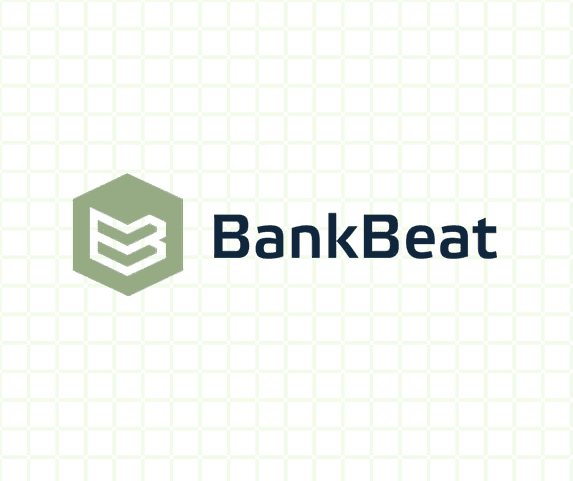Forbes Feature: The Road Map to Investing in Farmland
Agrograph CEO Jim O'Brien has been featured in Forbes and details how to enter this unique and advantageous market.
Hard metrics are empowering consumers and investors to separate the wheat from the chaff when it comes to measuring positive environmental impact.

by Julia Lechner
August 05, 2022
Across the globe, multinational companies are responding to consumer and investor concerns about sustainability and emissions standards. They are assessing their current footprints and setting bold emission-reduction targets for the future. However, good intentions and bold statements are no replacement for actual data metrics and industry-supported standards. And it’s difficult for customers and investors to determine which companies are taking actionable steps to improve and which companies are only claiming they are; or as it’s better known ‘greenwashing’.
Naturally, as this demand for “doing better” in our world increases, companies enroll their marketing teams to promote well-intended initiatives and programs, often without the necessary data to measure progress. Consumers are inundated with jargon; eco, green, natural, sustainable, and other marketing claims are circulated without clear definitions. It is hard to cut through corporate messaging to determine who is talking the talk and who is walking the walk. This is because environmental, social, and governance branding has largely gone unchecked, though we have recently seen an uptick in enforcement. The latest buzzwords seem to change season to season, and claims seem to become bolder with time. One buzzword with staying power, however, is greenwashing.
Greenwashing is when an organization makes unfounded or false claims about the positive environmental impact of its initiative. Sometimes, this is due to a lack of understanding, but more often than not, it is in hopes of reaping goodwill without investing the necessary resources. As sustainability has become increasingly attractive to consumers, many corporations have adopted value-driven messaging; differentiating between results-oriented initiatives and marketing opportunities has become increasingly challenging.
We are moving beyond the gold star sticker for the bare minimum and companies are waking up to the reality that consumers are paying attention.
In response to this problem, an exciting number of companies focused on providing data-driven metrics emerged up and down the value chain. Data brings transparency to companies’ sustainability performance and allows them to improve their execution. It will inform investment decisions, price risk, and measure success. And with added complications for each sector, geography, and concern, the market opportunity is certainly big enough for everyone.
Having cut my teeth in sustainability in finance, I believe corporations investing in meaningful sustainability strategies will excel far beyond those looking to one-up their competition with impressive claims. Companies should now consider investing in these initiatives to safeguard their future or pay the steep price of inaction later, whether in the form of regulatory fines, stranded assets, or defunct business models. Will it require challenging current processes and misdirected norms? Yes. Will it outweigh the repercussions should they remain complacent? Undoubtedly.
As the Director of Business Development at Agrograph, a global agrifinance company offering field-scale predictive models for earning potential of agricultural assets, I see the value of our products. Our strategic combination of satellite imagery and machine learning allows us to scale granular data. Furthermore, it enables us to benchmark environmental performance across portfolios and supply chains. By leveraging this data, corporations can do more than publish sweeping statements and instead measure the impact of their interventions with more accuracy and validity. Given the tools and innovations readily available, quite literally at the click of a button, there is no excuse for companies to continue the detrimental habits of making claims that aren’t backed by science.

Julia Lechner focuses on the intersection of sustainability and technology. She graduated with a BA from Harvard University, after which she began her career at Morgan Stanley. There, she focused on building ESG aligned portfolios for family offices and foundations. She simultaneously pursued her MSc in Environmental Sustainability at Columbia University. Connect with her on LinkedIn.

Agrograph CEO Jim O'Brien has been featured in Forbes and details how to enter this unique and advantageous market.

Farmers need access to financing faster than they did previously, but traditional methods cannot keep pace. Banks that leverage modern technology can accelerate lending decisions.